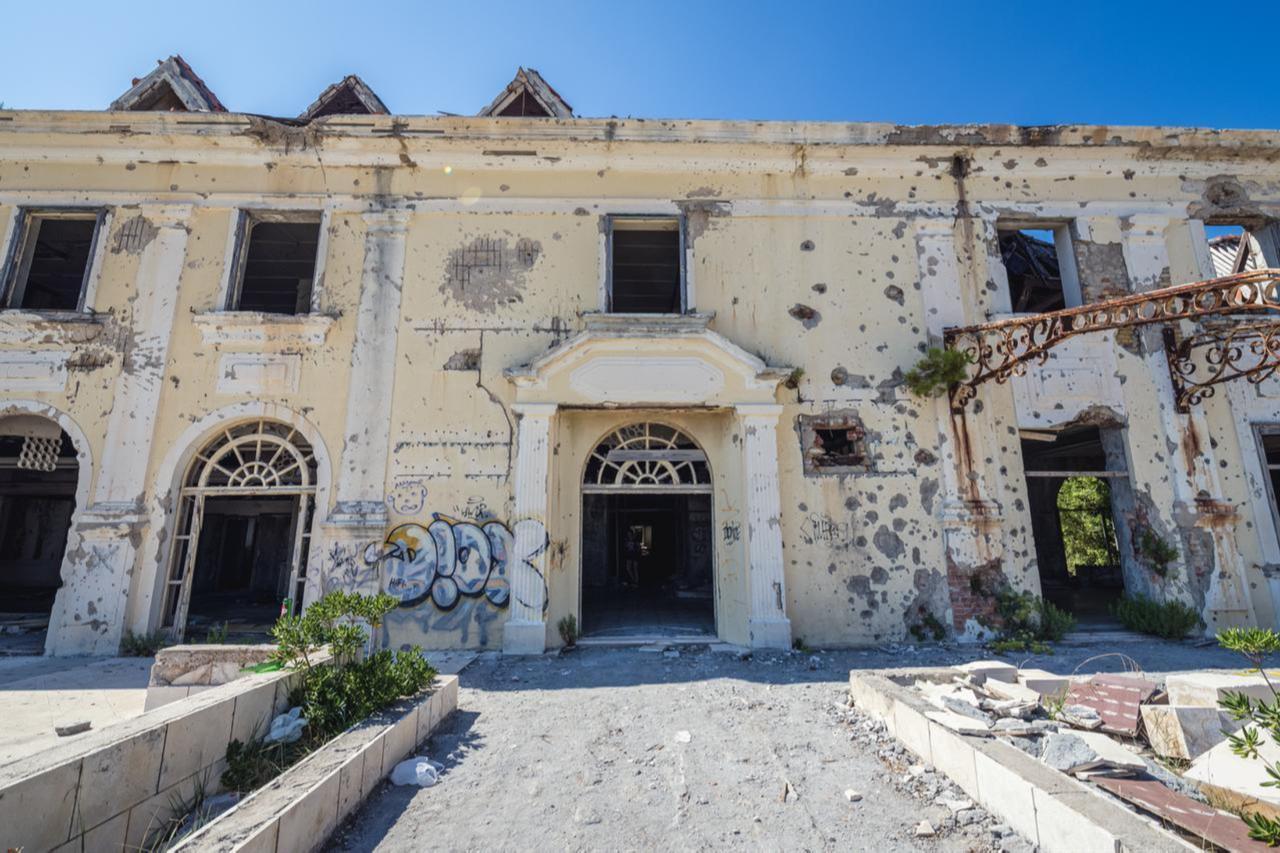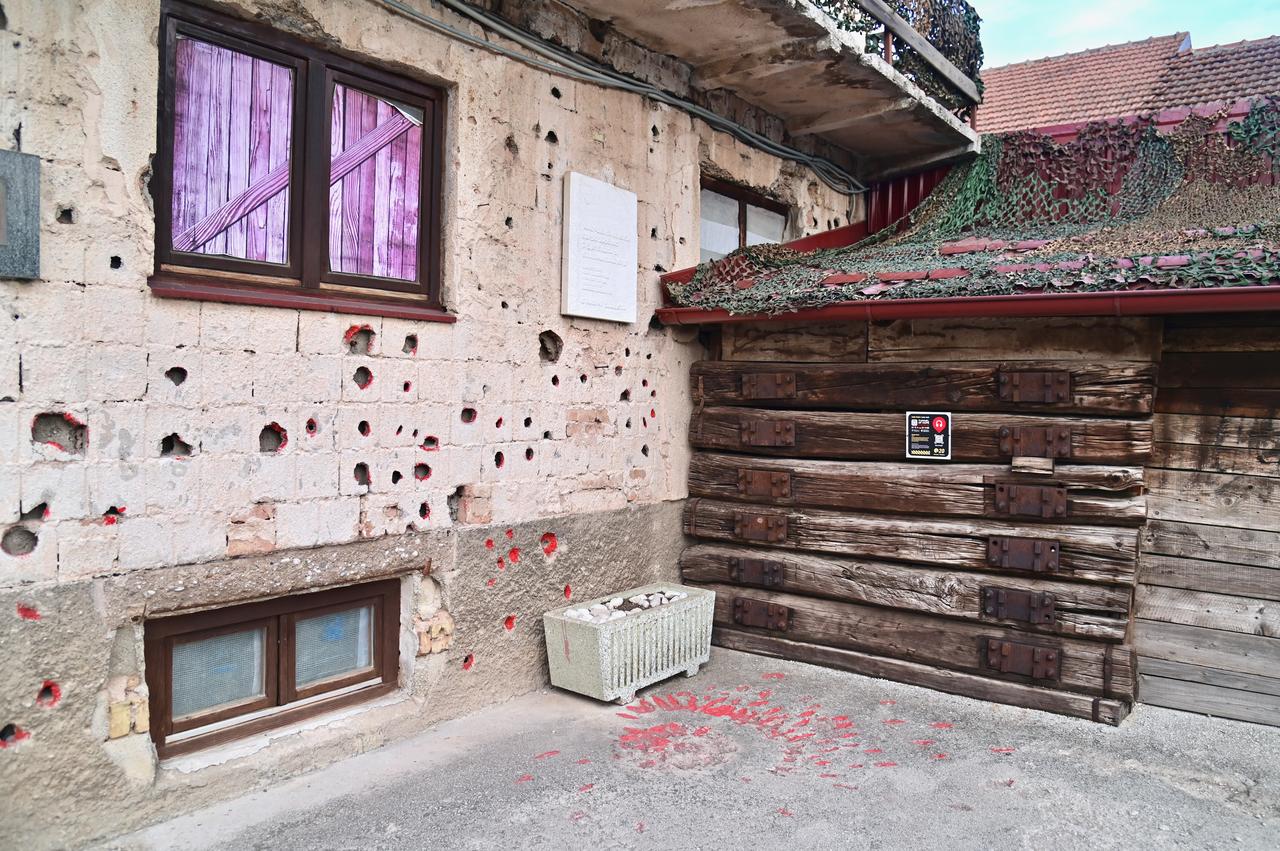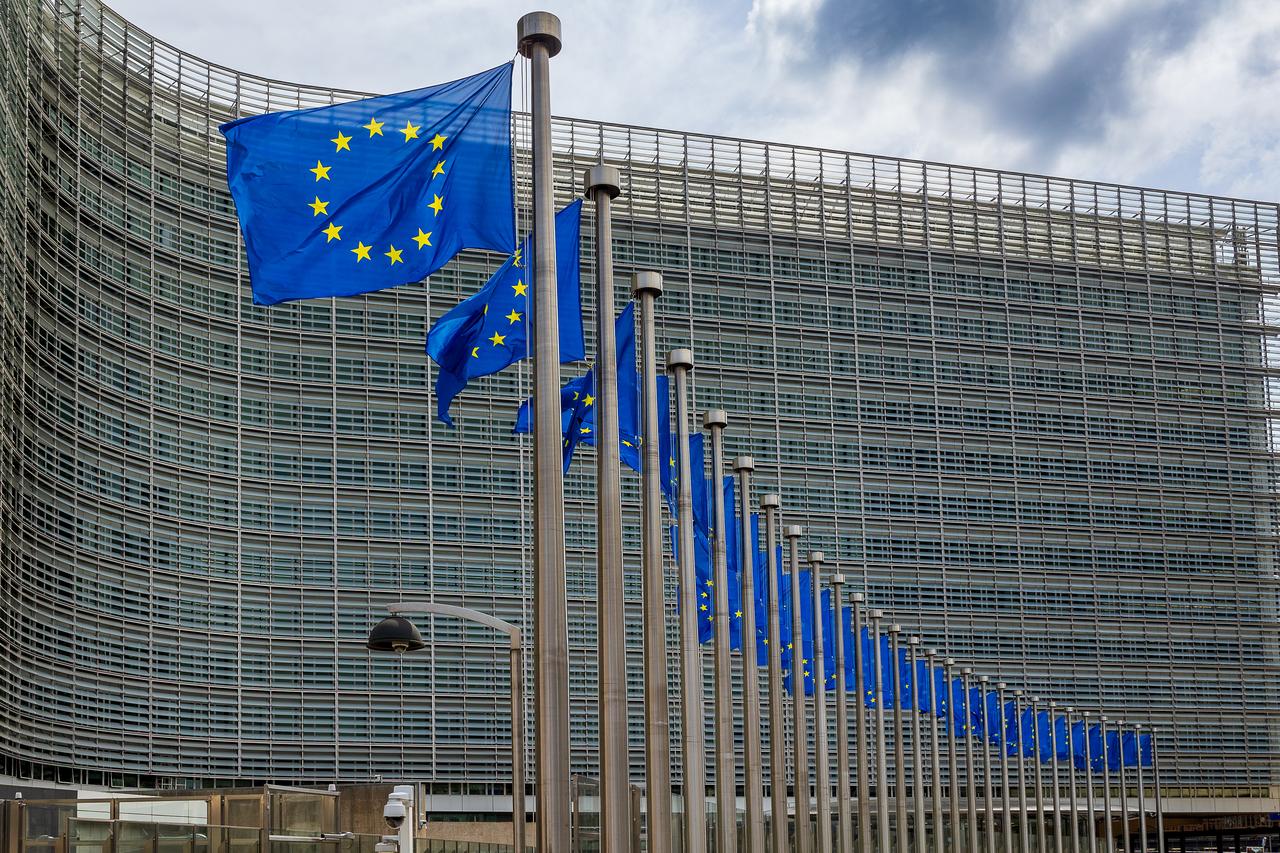
Europe has long looked at the Balkans with a mix of fascination, anxiety and sometimes outright fear. The region, often called the “powder keg of Europe,” is more than just a historic flashpoint, it is a living testament to the complexities of nationhood, identity and diplomacy.
From the centuries-long imprint of the Ottoman Empire to Yugoslavia in the 1990s, the Balkans are a mosaic of ethnicities, religions and political legacies. It’s here that the term “Balkanization” emerged, symbolizing fragmentation and conflict. Throughout history, competing empires, shifting borders and interethnic tensions have created a landscape both fragile and intricate.
Yet beneath the turmoil lies resilience. Communities in the Balkans have continually adapted, rebuilt and reinvented themselves, balancing deep-rooted traditions with modern aspirations. Cities like Sarajevo, Belgrade and Tirana tell stories of endurance, cultural fusion and the will to recover from conflict.

The Yugoslav Wars of the 1990s left scars that remain visible today: displaced populations, contested borders, and unresolved ethnic tensions. While the region has made significant progress in reconciliation and institution-building, history continues to cast a long shadow. Political leaders and citizens alike carry memories that influence decisions on governance, cooperation, and even day-to-day social interactions.
In today’s geopolitical landscape, the Balkans are again at the heart of strategic calculations. Their geographic position links Europe with the Middle East, North Africa and the Caucasus, making the region critical for energy security, trade routes and migration management.
Infrastructure projects such as the Southern Gas Corridor and the Gas Interconnector Greece-Bulgaria are not merely pipelines—they are lifelines that reduce Europe’s dependence on external energy sources while strengthening regional connectivity.
Security in the Balkans also affects Europe at large. NATO’s presence, E.U. engagement, and coordinated policies addressing organized crime, migration, and regional disputes are essential to prevent instability from spilling across borders. Furthermore, the Balkans remain a stage for global influence, where powers like Russia, China and the United States assert their interests.

Yet, E.U. integration of the Western Balkans remains a slow and often frustrating process. Political instability and lingering historical grievances have delayed accession, leaving citizens wary of Brussels’ promises.
Nevertheless, the aspiration for E.U. membership remains strong among Balkan nations. The European Union’s €6 billion growth plan for the region signals a renewed commitment to reform, economic development and convergence.